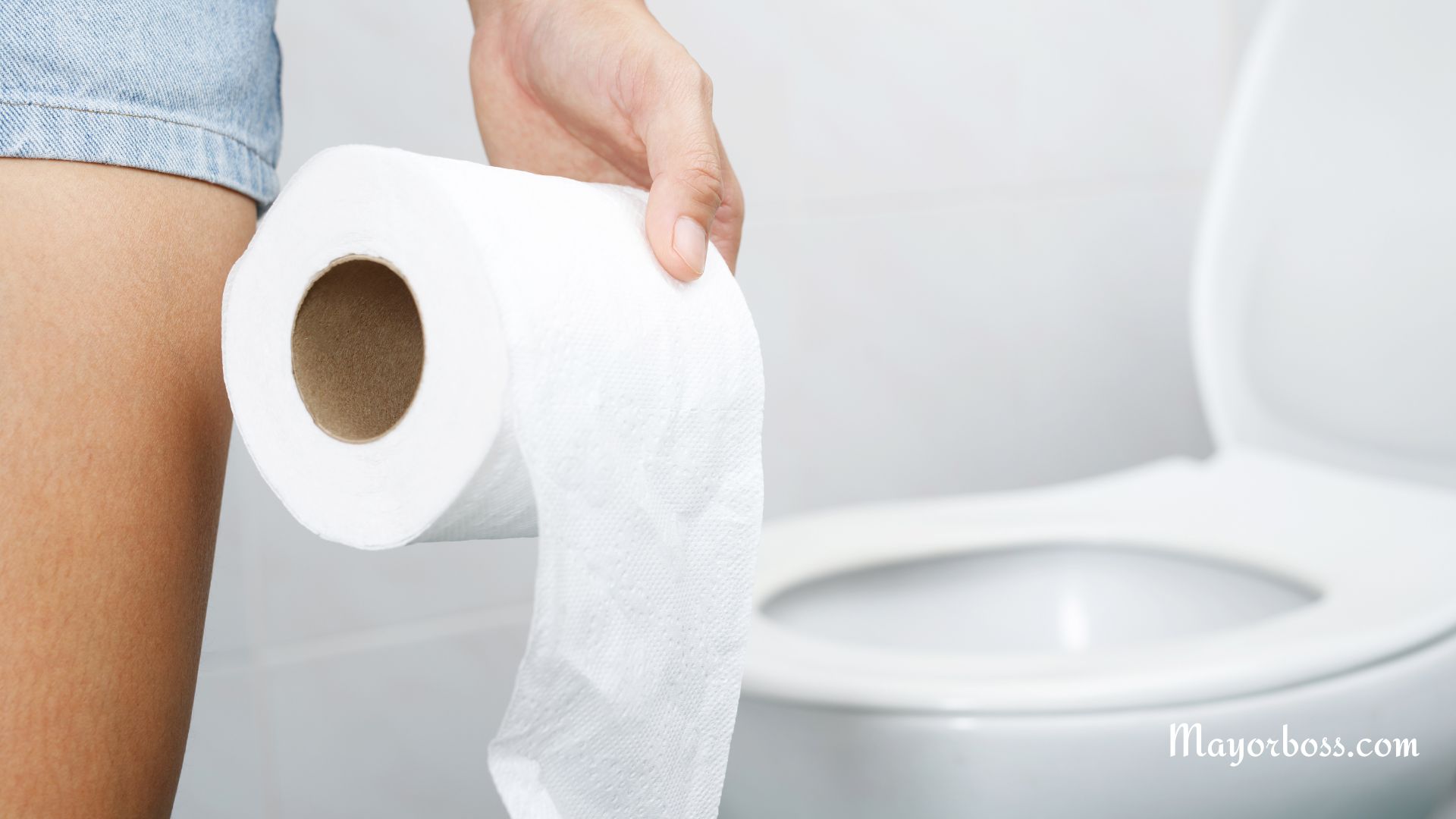What It Means When Poop Is Yellow
Have you ever noticed that your poop is yellow and wondered why? This can certainly be surprising and a bit worrying. Well, I’m here to break down what it means when your poop is yellow and why it happens. Firstly, it’s essential for you to know that the color of your poop can tell a lot about your health. Normally, poop is brown due to bile, a fluid your liver produces to digest fats. But sometimes, the color can change, and one such change is yellow poop.

Causes of Yellow Poop
1. Diet and Food Intake
One of the most common reasons for yellow poop is your diet. If you eat foods high in fat or consume a lot of food colorings (like those found in candies or processed foods), this can turn your poop yellow.
2. Malabsorption
Yellow poop can also signal a more serious issue like malabsorption. This means your body isn’t absorbing nutrients properly. Conditions such as celiac disease, where your body reacts against gluten, can cause this.
3. Liver and Gallbladder Issues
Your liver and gallbladder play a crucial role in digestion, especially in bile production. If there’s a problem with these organs, like gallstones or hepatitis, it can affect your bile and turn your poop yellow.
4. Pancreatic Issues
The pancreas is key in digestion, helping break down fats. If your pancreas isn’t working right, like in pancreatitis or pancreatic cancer, it can lead to yellow poop.
5. Rapid Transit Time
Sometimes, if food moves too quickly through your intestines (rapid transit time), it doesn’t get processed correctly, leading to yellow poop.
6. Infections
Certain infections, particularly in your gastrointestinal tract, can also result in yellow poop. This could be due to bacteria, viruses, or parasites.
When to Worry
It’s important for you to understand when yellow poop is a cause for concern. If it’s a one-off thing, it might just be something you ate. But, if you frequently have yellow poop, especially if it’s accompanied by other symptoms like abdominal pain, weight loss, or changes in appetite, it’s crucial to consult a healthcare professional.
Diagnostic Tests
If you’re worried, doctors might conduct various tests. These could include blood tests, imaging tests like an ultrasound of your liver and gallbladder, and tests on your stool to check for infections or malabsorption issues.
What Does Yellow Poop Mean in Children
1. Diet
Just like in adults, a child’s diet plays a big role. Foods high in fat or with artificial colors might cause yellow poop. Moreover, if they’ve recently started on solids or switched formulas, this could also be a factor.
2. Rapid Digestion
Children, especially younger ones, often have faster digestion. This can mean their food moves through the intestines quickly, leading to lighter-colored poop.
3. Teething
Believe it or not, teething can sometimes result in yellow poop. This is because teething can cause excess saliva production, which can slightly alter the digestive process.
4. Minor Illnesses
Common illnesses like a cold can temporarily affect a child’s digestion, leading to yellow poop.
When to Be Concerned
For children, especially infants and toddlers, it’s crucial to monitor any changes in poop color closely. Yellow poop can sometimes indicate an issue, particularly if:
- The child seems to be in pain or discomfort.
- There’s a sudden and consistent change in bowel habits.
- The yellow poop is accompanied by other symptoms like fever, vomiting, or weight loss.
What to Do
If you’re concerned about your child’s yellow poop, here are some steps you can take:
- Monitor Their Diet: Keep an eye on what they’re eating and see if any changes in their diet coincide with changes in poop color.
- Hydration: Ensure they’re well-hydrated, as dehydration can affect digestion.
- Consult a Pediatrician: If the yellow poop persists or if there are other symptoms, don’t hesitate to consult a pediatrician. They might recommend dietary changes or conduct tests to rule out any underlying issues.
Conclusion
In summary, yellow poop can range from being a harmless dietary result to a sign of something more serious. Always pay attention to your body, and don’t hesitate to seek medical advice if you’re concerned.
